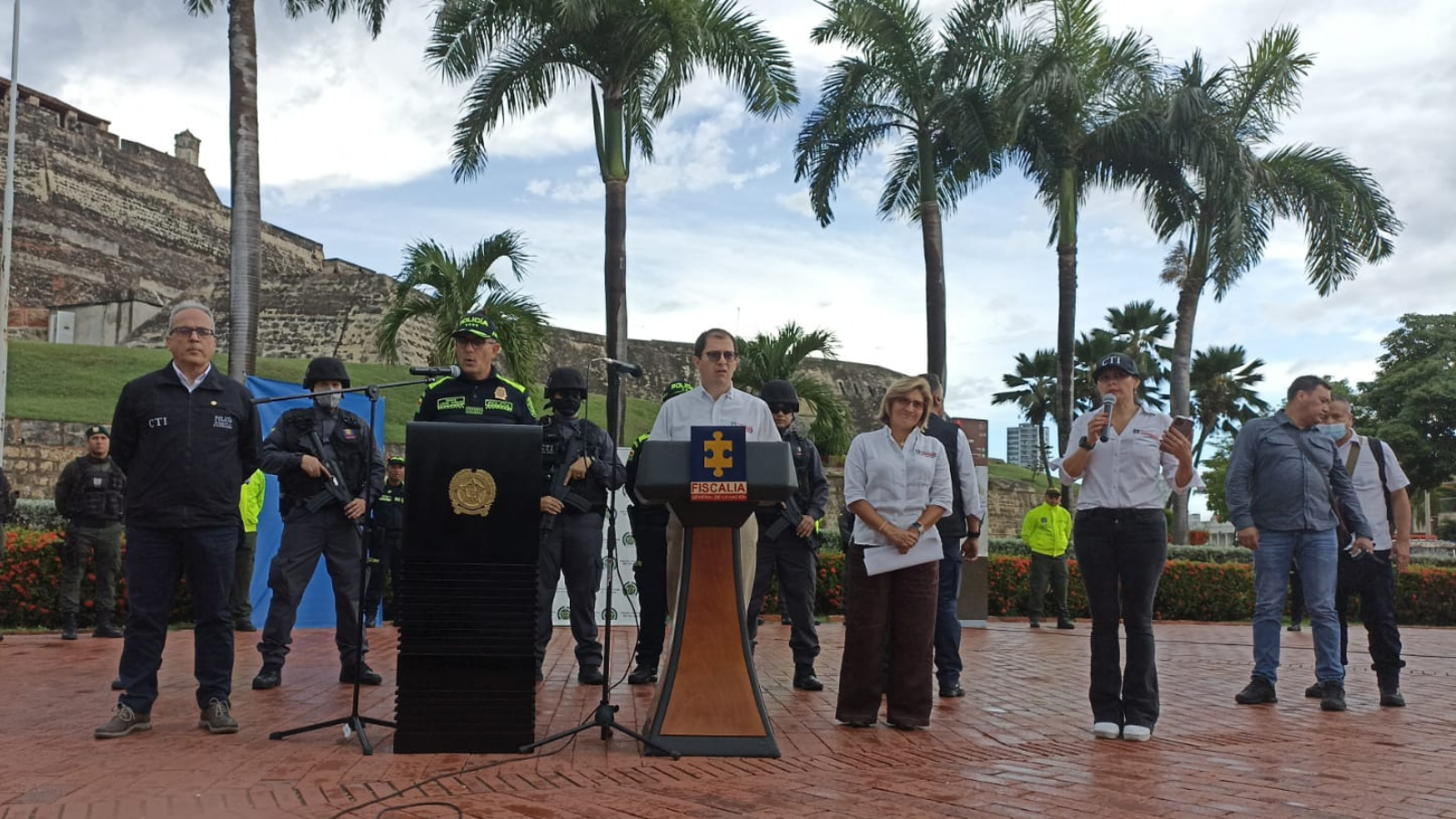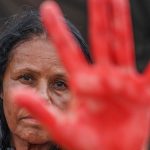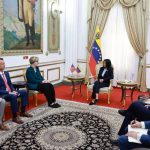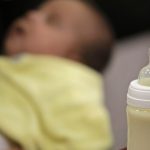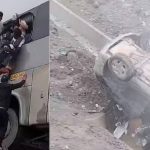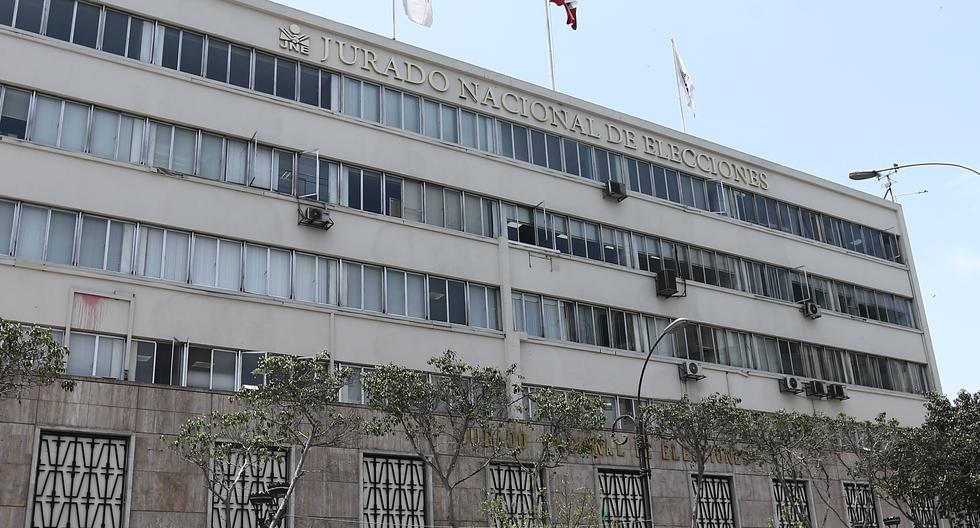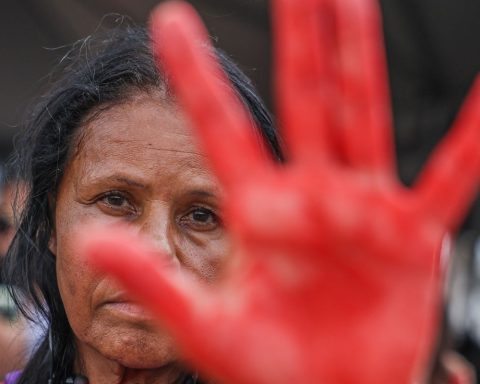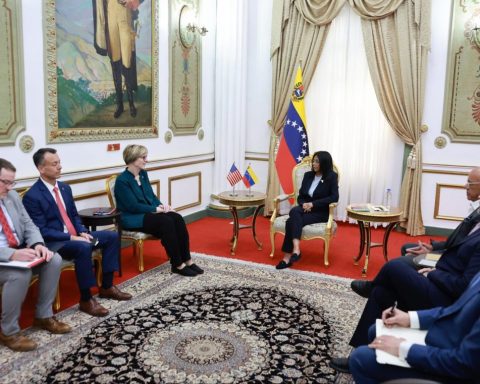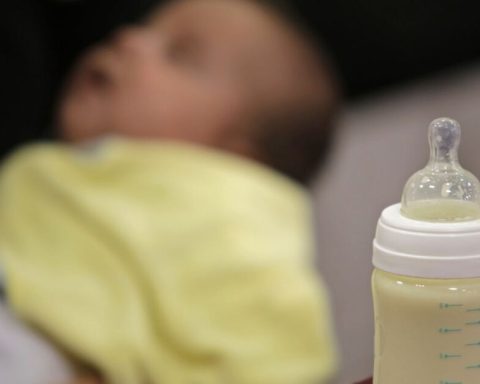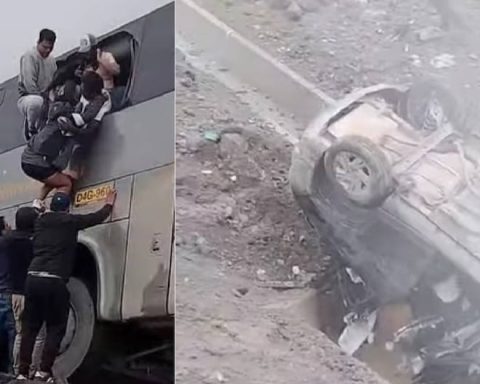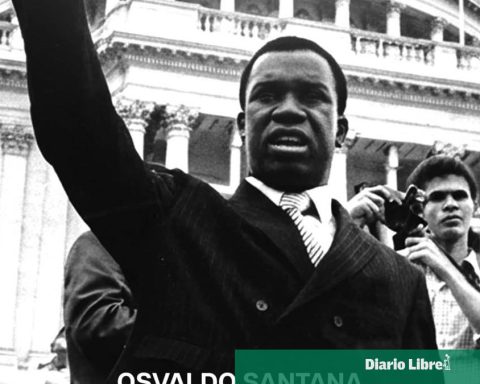The Colombian Attorney General’s Office captured those responsible for Marcelo Pecci’s crime in 22 days. Meanwhile, the Prosecutor’s Office of our country continues without clarifying emblematic cases such as the recent murder of José Carlos Acevedo.
Francisco Barboza, Attorney General of Colombia, José Luis Vargas, Director General of the General Police of Colombia, Alberto Acevedo, National Director of the CTI and Martha Mancera, Deputy Attorney General of Colombia, gave a press conference at noon in our country where they gave details on the advances in the investigations in the Marcelo Pecci case.
Barboza stressed that the case is exceptional from the point of view of the investigation. The Prosecutor’s Office and the Police speak with results, we managed to get 4 out of 5 criminals to accept the charges yesterday (for Monday) thanks to the investigative work that we achieved in 22 days, reconstruction of the crime, and what had previously happened from the follow-ups in the preparatory work on the island of Barú”, expressed
“This shows something important, it is not possible to get away with a crime of this level. Colombia is a very complex place for crime,” she stated.
SOCIAL NETWORKS
The Colombian attorney general affirmed that the fundamental thing happened through the couple’s irresponsible publications on social networks. This can become a lethal weapon.
“The criminals stated that many times they were lost but they managed to follow up thanks to the posts on social networks. Life cannot be reduced to posting everything you do all day, every day. One must be aware of the prevention of their lives, people who believe they exist because they post on social networks. I want this message to go to young people, ”she pointed out.
For his part, José Luis Vargas, general director of the Colombian National Police, stated that the investigations indicate that there was a plan to assassinate prosecutor Marcelo Pecci in Paraguay or in any country by an agreement between international criminal organizations, all coordinated with the First Capital Command (PCC) of Brazil.
NUMBERS
The numbers of the investigation are as follows; 20 places, 200 pieces of evidence, 120 security cameras, 2,500 hours of video analysis, 40 information from antennas, 67 telephone interceptions, 27 interviews, 10 social network analyses, 14 photographic reconnaissance and more than 3,000 investigative tasks were studied.
